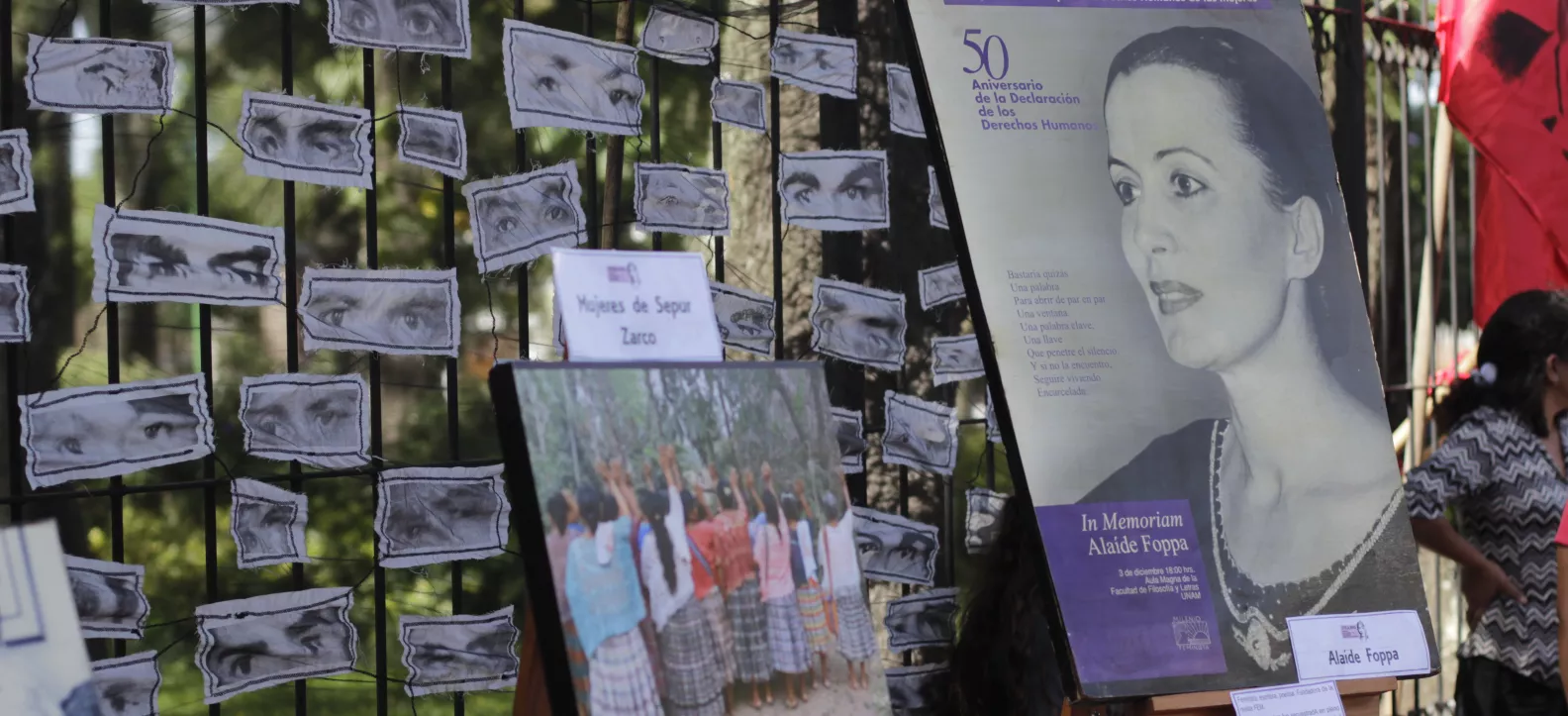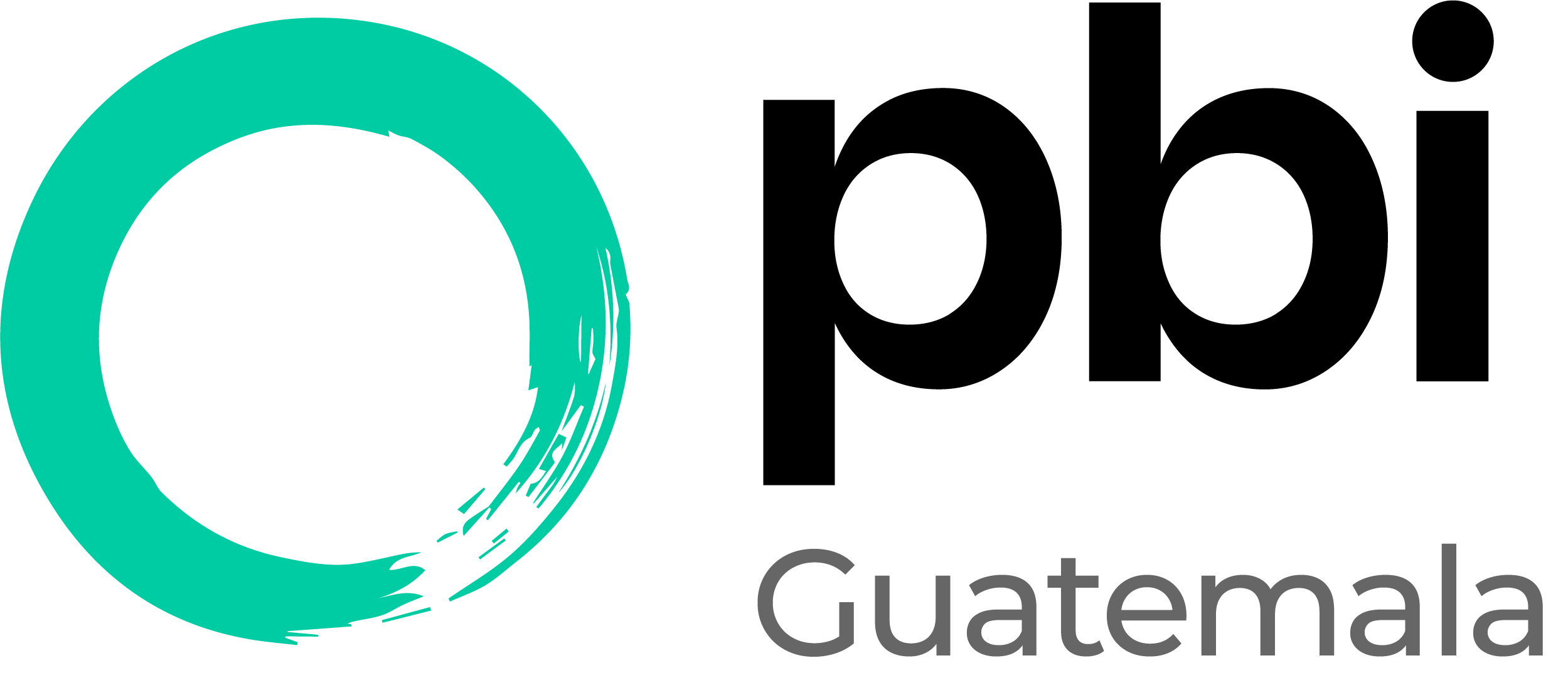
In 2022 we witnessed the continued deterioration of the rule of law in Guatemala due to: the intensification of attacks on the independence of the judicial system and freedom of expression; repression and criminalization against leaders and indigenous communities in defense of territory and natural resources; various legislative, political and judicial actions that continue the closure of civil society spaces and consolidate an authoritarian regime.
According to multilateral institutions such as the Inter-American Commission on Human Rights (IACHR) and the Office of the United Nations High Commissioner for Human Rights (OHCHR) and international organizations such as Human Rights Watch (HRW), the attacks against the judicial system were directed particularly against institutions that stood out for their independent and impartial work in the fight against corruption and impunity: the Constitutional Court (CC), the Special Prosecutor’s Office against Impunity (FECI) and the judges with High Risk jurisdiction. The aforementioned international institutions highlighted the existence of a systematic pattern of criminalization of independent justice operators who brought high-level corruption cases against actors from the government and business sector, as well as cases of crimes against humanity, where high-ranking military commanders from the most violent period of the Internal Armed Conflict (CAI) are accused.
Actions against independent justice operators have weakened the fight against corruption. According to the coalition Transparency International, who prepare the Corruption Perception Index (CPI) and are represented in Guatemala by the organization Acción Ciudadana (AC), Guatemala is “one of the countries with the most significant and consistent decreases in the CPI since 2012”, and is among the five worst rated countries in the Americas. AC highlighted that the country achieved its lowest registered score since the CPI began measuring corruption, and that the last two governments have contributed most to Guatemala’s decline on this index. These governments have dismantled the institutional infrastructure to fight corruption, which has meant impunity for corrupt actors and criminalization for anti-corruption actors.
In the last decade, Guatemala was internationally recognized for the progress made in high-impact trials for crimes committed during the IAC. According to various institutions, these advances are at the root of the attacks on the justice operators who handle such cases.
Despite some progress at the beginning of 2022, the second half of the year was marked by setbacks in transitional justice. In the case of the Ixil Genocide, where the former Chief of Staff of the Guatemalan Army and the former head of military intelligence during the government of Romeo Lucas García, are accused of having committed crimes against humanity and genocide against the Ixil population, the oral and public debate was suspended. In the case of the Diario Militar (DM), Judge Miguel Angel Galvez sent nine military and ex-policemen to trial (in May) for their alleged participation in crimes against humanity, kidnapping, forced disappearance, torture and execution of at least 183 people between 1983 and 1985. Following this decision, the judge went into exile due to threats and judicial persecution. The replacement judge then granted alternative measures for two of the accused military officers, even though he recognized that seriousness of these crimes did permit such measures.
In addition to justice operators, the work of journalists was also attacked during the year. The Association of Journalists of Guatemala denounced 105 attacks against freedom of expression in 2022, mostly pursued by the Judicial Organism (OJ) and the Public Prosecutor’s Office (MP).
The most illustrative case of aggression and arbitrary use of criminal law against journalistic work has been the arrest of the president of El Periódico, José Rubén Zamora. According to the Unit for the Protection of Human Rights Defenders (UDEFEGUA), this case demonstrates that journalists informing the public about arbitrary processes and corruption in the political power are the main targets.
Community journalism, which is more closely linked to the reporting of conflicts involving indigenous communities in the territories, has also been the target of various attacks. The case of Carlos Ernesto Choc Chub is particularly relevant. He is a journalist with Prensa Comunitaria who has been criminalized for carrying out an investigation revealing acts of corruption by the Russian-Swiss company Solway Investment Group (owner of a nickel mine in Lake Izabal) involving the State of Guatemala, aimed at halting and repressing community opposition to the project. In September 2022, the journalist was released from the charges. However, a final hearing is still pending in another criminal proceeding against him as well as three fishermen from El Estor for the crime of illegal detentions, which allegedly occurred during a demonstration of the Fishermen’s Union documented by the journalist.
In relation to people who defend environmental rights, PBI has been able to confirm, through direct observation, the increase in criminalization and evictions. Among the organizations accompanied by PBI more than 2,000 arrest warrants have been issued against indigenous leaders in the departments of Alta and Baja Verapaz alone. This situation has also been denounced by the Center for Legal Action on Human Rights (CALDH), which has highlighted the repression and militarization that the Q’eqchi’ and Poqomchi’ Mayan peoples are experiencing. Officers from the National Civil Police (PNC) and the Army are carrying out evictions against these communities which violate human rights and the ancestral rights of the communities. These violations are occurring even in communities where precautionary measures have been granted by the IACHR.
As a result of the situation described above, several international bodies have made statements during the year requesting the Guatemala government to take concrete actions to preserve the rule of law and halt the authoritarian drift in these territories. We highlight the resolution on Guatemala issued by the European Parliament, which criticizes the judicial actions initiated by the Supreme Court of Justice (CSJ) and the Attorney General of Guatemala against judges, lawyers and independent prosecutors who investigate or prosecute criminal structures linked to high-ranking government officials and business owners. This resolution also denounces criminalization, detention and discrediting of the media and threats and acts of harassment against human rights defenders.
For its part, the Guatemalan government has categorically rejected the contents of this resolution and regretted not having been able to share its “version of Guatemala,” affirming that “democracy and the rule of law” reign in the country.
